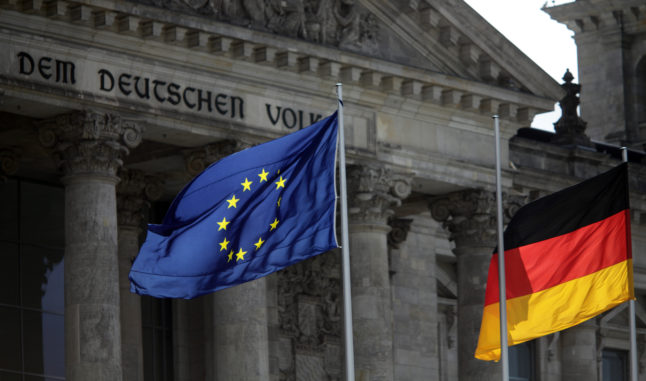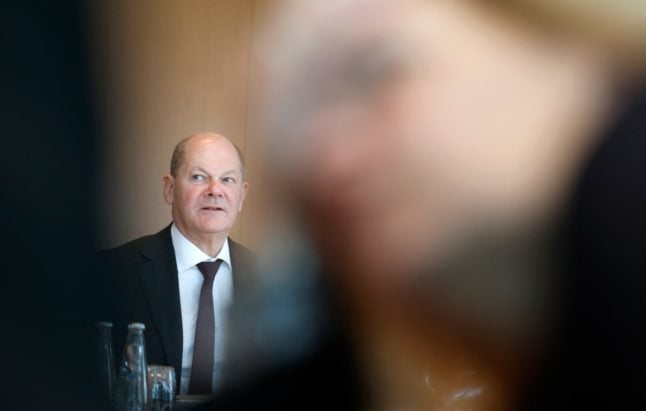Europe is struggling with historically high energy prices as it faces an early autumn cold snap and a coming winter almost certainly to be endured without crucial Russian gas supplies because of the war in Ukraine.
Many EU countries have announced national programmes to shield consumers from the high prices. But Germany went the furthest on Friday when it announced its mammoth plan, which will see help pouring to Germans for two years.
Arriving to talk with his eurozone counterparts, German Finance Minister Christian Lindner insisted the spending was “proportionate” to the size of Germany’s economy and said his goal was to use as little of the money as possible.
READ ALSO: Germany to spend €200 billion to cap soaring energy costs
But Germany’s largesse rankled several EU capitals, some of which feared their industries could take severe blows while Germany’s sits protected, deforming the EU’s single market.
Outgoing Italian prime minister Mario Draghi has slammed Berlin for its lack of solidarity and coordination with EU partners.
French Finance Minister Bruno Le Maire, without directly criticizing Berlin, called on partners to agree a common strategy against the price shock and for countries to refrain from going it alone.
“The more this strategy is coordinated, united, the better it is for all of us,” he said.
Risk to ‘European unity’
Others pointed to the unprecedented solidarity shown in the Covid-19 crisis in which the 27 EU nations, against all expectations, approved a jointly financed €750 billion recovery plan.
“Solidarity is not only on the German shoulders, I think this is something that we have to deliver at European level,” said EU economics affairs commissioner Paolo Gentiloni.
“We have very good examples from the previous crisis on how solidarity can react to a crisis and also reassure financial markets. I think that this is our goal,” he said.
While a Covid-style recovery plan is not in the cards for now, Le Maire said €200 billion in loans and €20 billion in aid should be devoted to REPowerEU, a programme to help countries break their dependence on Russian gas.
READ ALSO: Will Germany set a gas price cap – and how would it work?
Bruegel, a highly influential think tank in Brussels, called the German plan a spending “bazooka” that many EU countries were unable to match, creating a potential source of animosity.
“If the German gas price brake gives German business a much better chance to survive the crisis than, say, Italian business, economic divergences in the EU could be deepened, and European unity on Russia undermined,” it said in a blog.



 Please whitelist us to continue reading.
Please whitelist us to continue reading.
Member comments